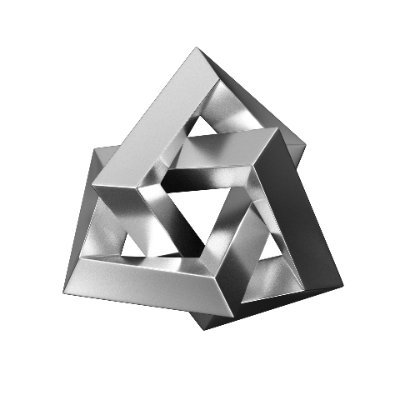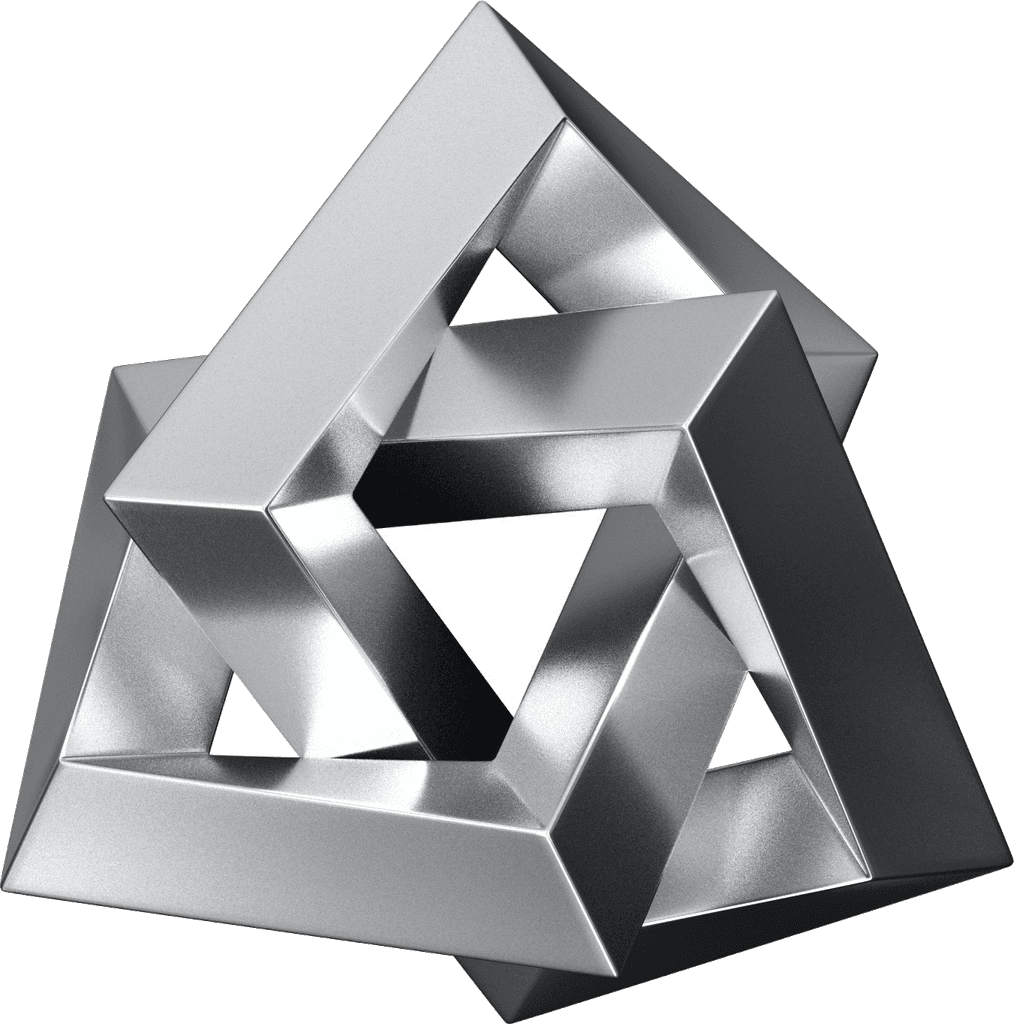

Navigators of Web3
Navigators of Web3
Navigators of Web3
We are a global multi-disciplinary collective of incorporated and individual
contributors committed to the growth of Polkadot and Kusama.
[ Building a Better Treasury Together ]
Building a Better Treasury Together
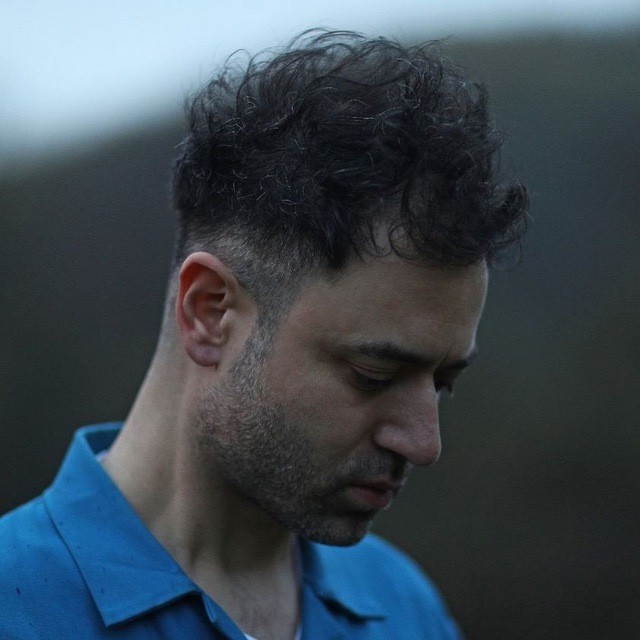



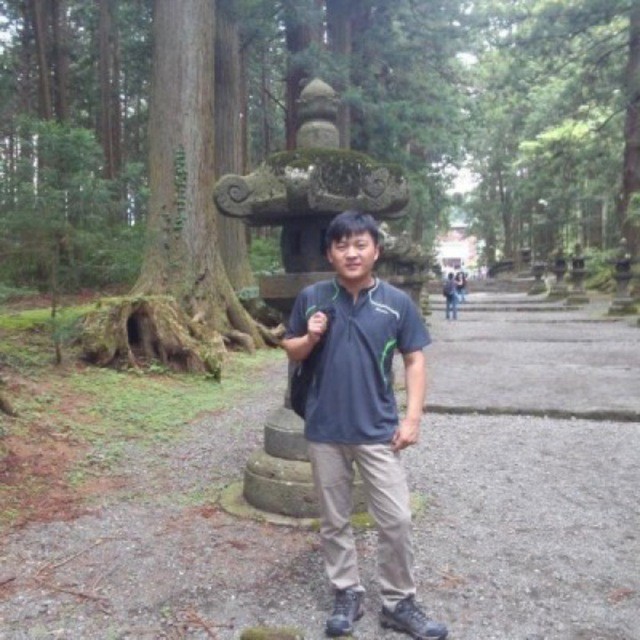

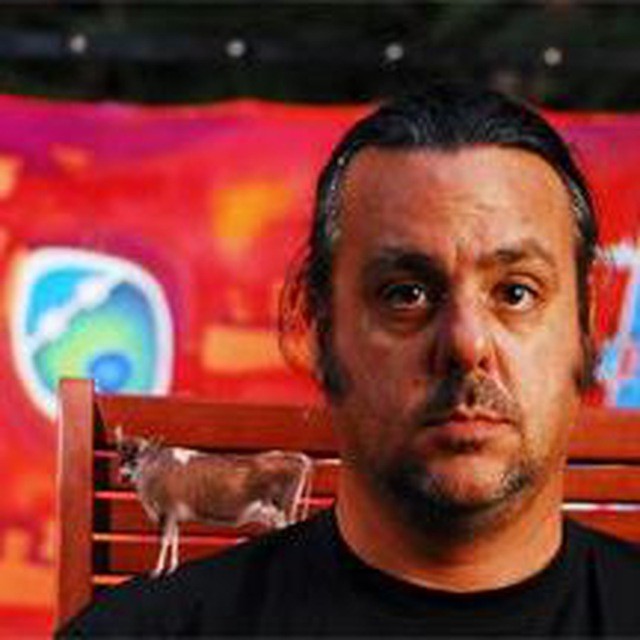



10+
